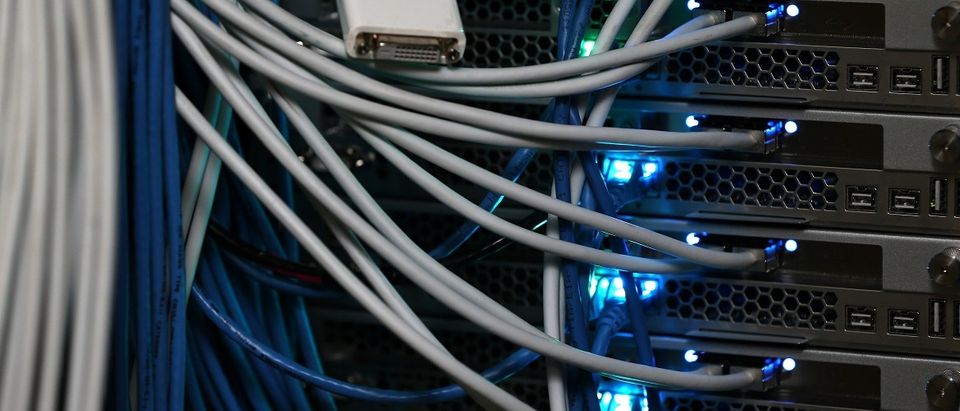Take a look at your email inbox. Are there emails older than 180 days? If so, you should know that the United States government considers them to be “abandoned,” which entitles Uncle Sam to get his hands on them.
An outdated loophole in the Electronic Communications Privacy Act (ECPA) makes Americans vulnerable to snooping federal agents seeing very things such as health information, credit card statements and racy pictures. This antiquated law was created long before emails, text messages and online messaging services became a vital part of modern life. As a result, the ECPA must be updated to reflect today’s technology, while striking the proper balance between privacy and security.
This issue was brought to the forefront after Microsoft sued the U.S. government when the feds issues a search warrant to peruse stored electronic data store outside of the United States. Microsoft won at the 2nd Circuit Court, but the government is expected to appeal to the Supreme Court, which would be disastrous. It is assumed that Justice Department officials hope to win the case in order to set a precedent that empowers the ECPA with the authority to compel companies to turn over the private information of individuals – even if the person poses no threat to national security.
Government advocates argue that we must permit law enforcement to compel private companies to turn over data that is stored overseas, as it may prevent attacks on American soil. This overreach, however, would encourage countries to ask businesses for information from American-based customers – an outcome that most Americans would find unacceptable. Or, other nations might simply stop doing business with American companies in order to keep their citizens’ data out of the hands of U.S. law enforcement agencies.
In this new and developing highly technological era, our attempts to investigate and proactively preempt terror attacks must be tempered with a commitment to protecting the electronic privacy of our citizens. These two things are not mutually exclusive and the time to reorient is now.
There is a way forward – a new framework called the International Communications Privacy Act (ICPA). The ICPA would permit U.S. law enforcement agents to obtain the data they need by allowing warrants to reach extraterritorially while simultaneously respecting the sovereignty of other nations. The Department of Justice has concerns with some previous privacy proposals, including the potential for countries to unreasonably object to providing data. There is a way to address such concerns by taking away the ability of countries to “veto” U.S. law enforcement’s access to data. The Justice Department is working with the sponsors of ICPA on revising the proposal to address these concerns.
Congress and the Department of Justice should work together to find a suitable and workable legal framework. With control of government in the hands of one party, making this legislation a priority and then moving to completion should not be a difficult proposition.
The ICPA gives Congress the opportunity to protect our personal information from unnecessary snooping, while working with our allies to obtain valuable data that can protect American citizens. Leaving the issue to the courts will ultimately damage the speed and efficiency needed by law enforcement to obtain sensitive data that could thwart terrorism, while unnecessarily violating the privacy of innocent, honest Americans.
Drew Johnson is a senior scholar at the Taxpayers Protection Alliance.












